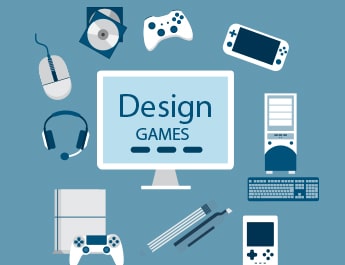If you go back in my blog posts to a previous unity tutorial you will find that I was having fun with the lighting aspect of unity, I decided to not focus on that this time as I am already adept in it but I did use it a bit this time. I was mainly focusing on trying to get a functioning area in which the player can walk around in while also adding lighting to it in order to create and atmosphere in the area the player is in.
I struggled initially with the spawning but after messing around with it for a little bit I was able to get the player to spawn on top of the platform I placed for this purpose. I didn't bother with any detailed textures so the area the player walks around in is pretty bland and there isn't anything to do quite yet. However despite this I was able to make the area a bit more interesting with the lighting so when I am adding specific textures I feel that I will be able to make a somewhat palatable environment for the entire game to take place in.
overall I feel that I will be able to use these abilities to make a solid game for a final project. I am developing strong fundamentals in unity and I think I can master simple things like this before I focus on the smaller details. I am feeling more and more comfortable with unity every time I open it.
https://www.google.com/imgres?imgurl=https%3A%2F%2Funity3d.com%2Ffiles%2Fimages%2Fogimg.jpg&imgrefurl=https%3A%2F%2Funity.com%2F&tbnid=UkPk-HrkqCxlcM&vet=12ahUKEwi_1sGk6LXlAhWJJcAKHXTWADwQMygAegUIARCEAg..i&docid=NvRSXEUCHXI92M&w=1200&h=630&q=unity&ved=2ahUKEwi_1sGk6LXlAhWJJcAKHXTWADwQMygAegUIARCEAg




